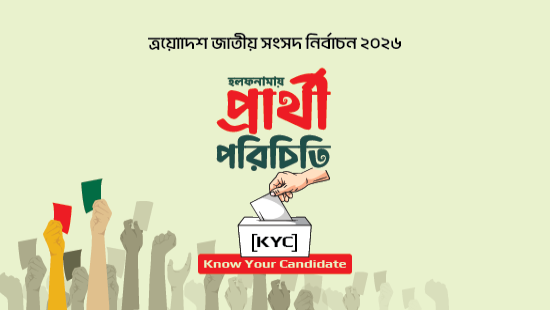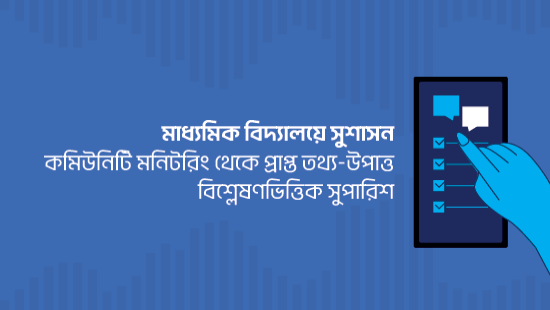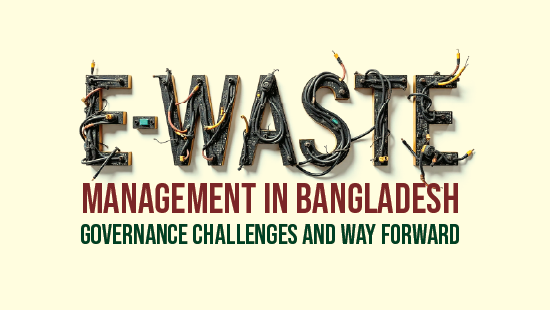Published: 13 November 2006
The Constitution of Bangladesh (Article 118) gives the provision for setting up an Election Commission (EC) for the superintendence, direction and control of the preparation of electoral rolls for election to the office of the President and to the Parliament, and the conduct of such elections in accordance with the Constitution. According to the Constitution, the EC is independent in the exercise of its functions and subject only to the Constitution and applicable laws. Bangladesh EC is constitutionally responsible for the conduct of elections in a free and fair manner. To ensure such elections, transparency and accountability are required at all stages of the electoral process.
Allegations of vote rigging and other forms of electoral malpractices are often made before and after every election by common people, political leaders and activists, journalists, media personnel, academics, and election observers. Major allegations include partisan roles played by the EC, gross electoral irregularities and malpractices, inability of the EC to contain the political parties from nominating musclemen and black money holders, and having no control over the law enforcing and intelligence agencies.
Although a large number of civil society organisations are engaged in poll observation, there is a serious dearth of documented information on the EC itself, along with a diagnosis of the EC’s limitations. Keeping in mind the next national parliamentary election, this study was undertaken to find out the strength and limitations of the EC. This study also tries to give an in-depth understanding of the law, processes and practices of the EC.






